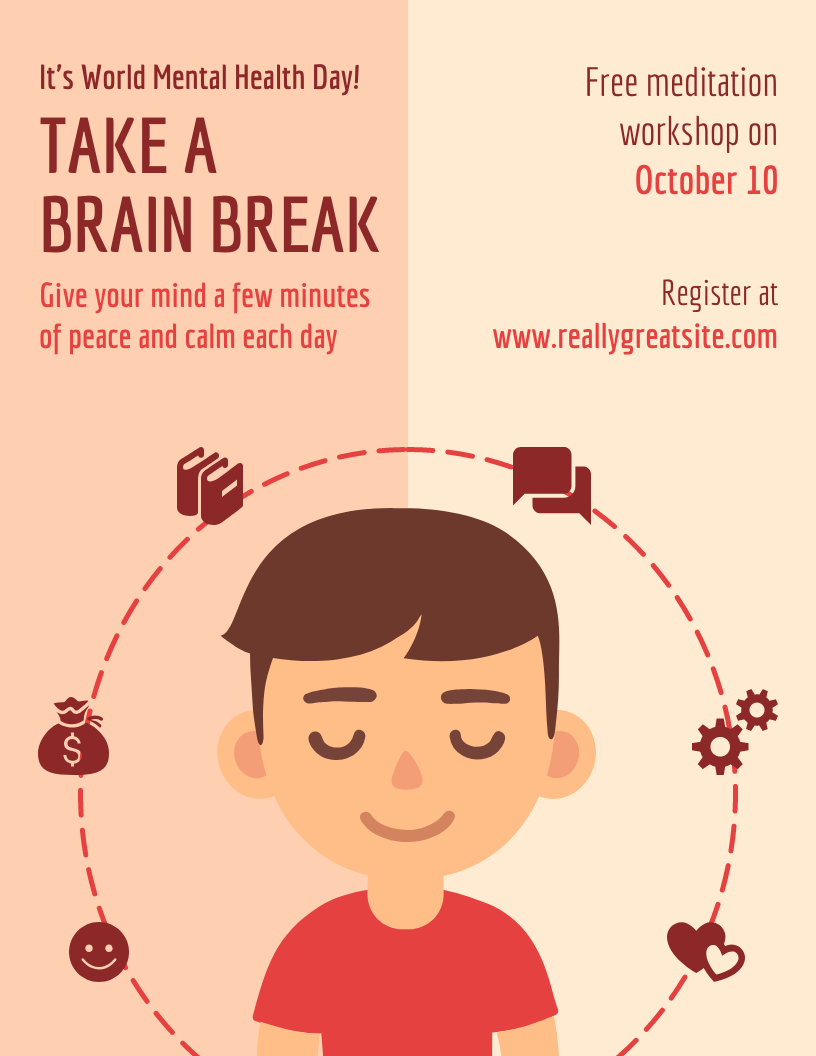Breaking the Chains of Overthinking: A Simple Guide

By Git C
Overthinking is like a relentless echo that bounces around the walls of our mind, amplifying every doubt, concern, or hypothetical scenario we conjure. But just like an echo, overthinking can be silenced when we change our surroundings or our approach. If your mind often feels entangled in a web of endless thoughts, this guide is for you.
The Roots of Overthinking
Before we dive into solutions, it's essential to understand why we overthink. Often, it stems from:
- Fear of the unknown or fear of making mistakes
- Perfectionism and the desire to control outcomes
- Past experiences and traumas that have conditioned us to be overly cautious
1. Ground Yourself in the Present
Most overthinking is centered around the past or the future. Bring yourself back to the present moment. Techniques include:
- Mindfulness meditation: This practice trains your brain to focus on the current moment.
- The 5-4-3-2-1 technique: Identify five things you can see, four you can touch, three you can hear, two you can smell, and one you can taste.
2. Limit Your Decision Time
Setting a specific timeframe to make a decision can prevent you from ruminating on it endlessly.
- Use timers when making decisions.
- Remember that not every decision requires days or weeks of contemplation.
3. Embrace 'Good Enough'
Perfection is a myth. Often, waiting for the 'perfect' choice or moment leads to inaction.
- Aim for "good enough" rather than perfect.
- Understand that mistakes are a part of growth and can often lead to unexpected opportunities.
4. Schedule 'Thinking Time'
Allocate a specific time in your day just for thinking or worrying. When you catch yourself overthinking outside of this time, remind yourself to save it for later.
- This technique trains your brain to compartmentalize and manage thoughts better.
5. Talk it Out
Sometimes, the best way to clear your mind is to share your thoughts.
- Talk to someone you trust about what's on your mind.
- If you prefer solitude, journaling can also be a powerful tool.
6. Stay Active
Physical activity can be a great way to distract your mind and release pent-up energy.
- Find an activity you love, be it walking, cycling, dancing, or yoga.
- Exercise releases endorphins, which are natural mood lifters.
7. Limit Exposure to Stressors
If you're constantly consuming negative news or engaging in draining conversations, it can fuel overthinking.
- Take breaks from social media and news.
- Surround yourself with positive influences and uplifting content.
Closing Thoughts
Overthinking is a habit, and like all habits, it can be changed. The first step is always awareness. By recognizing and understanding our tendencies to overthink, we empower ourselves to take proactive measures. And with time, the chains of overthinking can be broken, leading to a freer and more decisive mind.












.png)







Leave a Comment